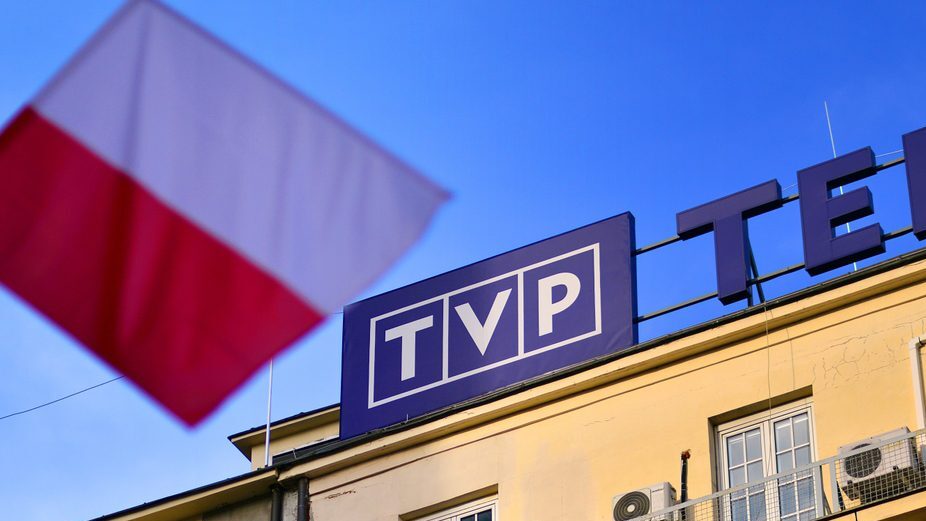In a new twist to the ongoing purge of state-funded media in Poland, the government of prime minister Donald Tusk cannot produce the legal opinions it claims support its controversial actions against three media groups.
On December 19, shortly after taking office, the Brussels-backed government of Prime Minister Donald Tusk fired the senior managers, journalists, and other employees of TVP, Polskie Radio and the Polish Press Agency (PAP) on the grounds that they had become propaganda mouthpieces for the outgoing Law and Justice (PiS) government. This move bypassed the state bodies tasked with overseeing public media. Poland’s culture minister Bartłomiej Sienkiewicz then announced that he would liquidate all three networks.
But the National Court Registry ruled that the government does not have the right to appoint new managers of state broadcasters as that competency falls, according to Polish broadcasting law, under the authority of the National Media Council. The ruling, however, does not affect the later decision to liquidate the network.
On December 27, in response to criticism of the government’s actions, Tusk stated that “we have opinions from the most eminent lawyers who have no doubts that Minister Sienkiewicz’s actions are consistent with the law and the public interest”.
Sienkiewicz then repeated the claims.
NGOs that had been critical of the PiS government, and also wary of the new government’s moves against the media, sent a request to the prime minister’s office for copies of the opinions. Watchdog Polska and the Helsinki Foundation for Human Rights (HFPC) were both told to send the request to the culture ministry instead.
The culture ministry, though, failed to provide the opinions to either organization. Watchdog Polska was told the opinions “were not recorded by the ministry on a storage medium” while HFPC was given a file on a completely different issue.
HFPC said it would now take the issue to court.
“The public has the right to know the expert opinions cited by the government,” wrote the foundation. “This is guaranteed by the constitutional principle of transparency of the activities of public authorities.”
“Transparency by the authorities is even more important when their actions are so controversial,” added HFPC.
Sienkiewicz then published a post on X with a link to a page on TVP’s website with two legal opinions in support of his actions.
“For those who don’t know where to look but would really like to find,” wrote the minister.
However, one document was dated January 5, over a week after Tusk’s original claim that the government had legal opinions supporting its actions.
The other opinion is dated 21 December, meaning it was obtained after the government had meddled in the media agencies.
The government still insists that all its actions against the state media agencies were legal and that it will appeal all court decisions against them.
Nie otrzymawszy od @kultura_gov_pl opinii, na które powołuje się rząd w sprawie mediów publicznych, złożymy skargę na bezczynność organu do WSA. Opinia publiczna ma prawo poznać wspomniane ekspertyzy. Gwarantuje to konstytucyjna zasada jawności. https://t.co/bFTFxu3kJZ pic.twitter.com/6wswF34uX1
— Helsińska Fundacja Praw Człowieka (@hfhrpl) February 1, 2024
While the interference of NGOs in the politics of member states entails serious risks to sovereignty, it is striking when inconvenient complaints are ignored by the wider EU in favor of like-minded governments.






